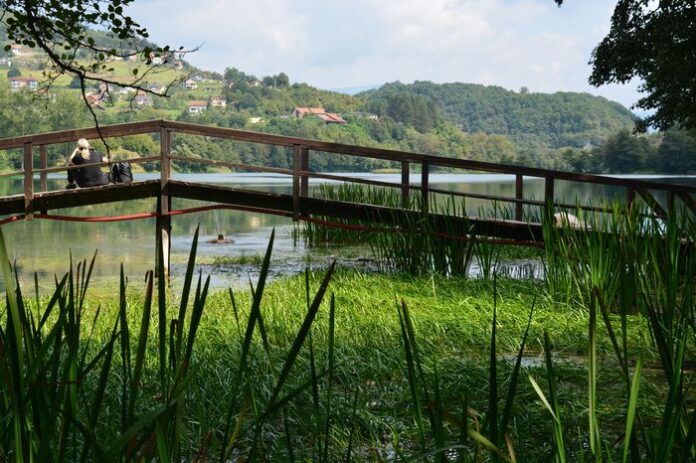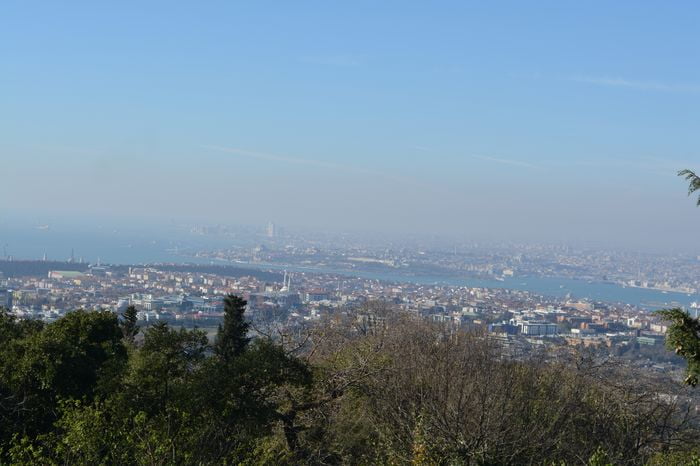There are several reasons, besides the difficult land layout, for why the houses in Constantinople are built cheaply and without much care.
One main reason is that foreigners live in the city only with permission, and their position is not secure. If a foreigner wants to build a house, he takes a big risk, so he spends as little as possible. Another reason is that showing signs of wealth attracts attention from government officials Carrying Loads the Hard Way.
If a person appears rich, especially if he is an Armenian or a Jew—Turkish officials usually care less about Greeks—the government may quickly increase his taxes. In fact, officials in the Ottoman government are poorly paid. Most of them receive little or no salary and must give the Sultan’s treasury a fixed amount of money every year.
To collect this money, they are allowed to use any method they choose. With full power in their areas, they can demand extra payments from the people—especially those who appear wealthy. These officials often succeed in getting what they want by using intimidation or pressure.
Neighborhoods of the City
The city of Constantinople is divided by both land and population:
Stamboul, near the Seraglio (the old palace), is mostly Turkish.
The areas beyond Stamboul are mainly Armenian and Jewish.
Galata is home to many Greeks.
Pera is where most of the Europeans live, such as British, French, and Germans.
Each group tends to stay in its own area, and the mix of cultures is visible through language, clothing, and customs.
Arriving in Constantinople a Unique Experience
Coming to Constantinople by sea is a memorable and exciting event. Ships do not dock at the shore. Instead, they anchor out in the water, and passengers must take small rowboats to reach land Tour Guides Ephesus.
But no one is allowed to enter the city without proper documents. Every traveler must show a passport:
If he is a Turkish resident, he must carry a permit from the police in his hometown.
If he is a foreigner, his passport must be approved by a Turkish consul or minister before leaving his country.
These strict rules make the process slow and sometimes frustrating, but they are part of the tight control the Ottoman government keeps over its capital.







